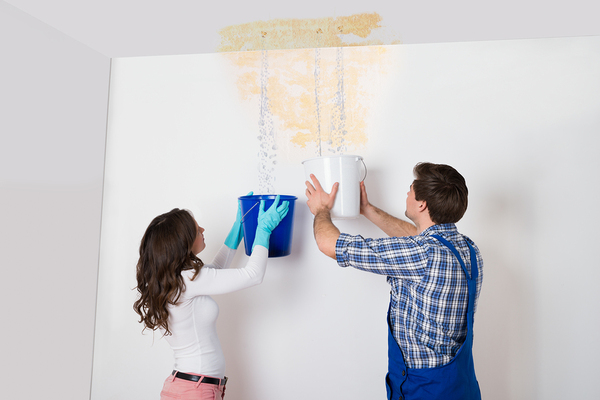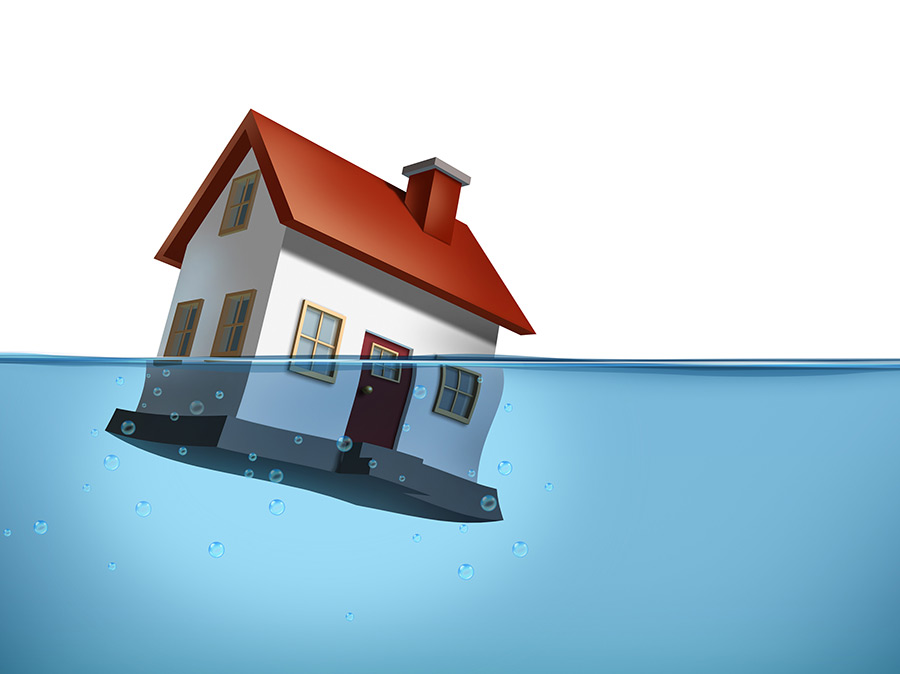Learn About the Key Factors Contributing To Water Leakage in Your Home
Learn About the Key Factors Contributing To Water Leakage in Your Home
Blog Article
Every person will have their own individual piece of advice involving How to Find Water Leaks.

Leakages not just create waste of water yet can also trigger unneeded damages to your residence as well as advertise unwanted natural growth. By recognizing and looking for day-to-day circumstances that cause leaks, you can secure your house from future leakages as well as unneeded damage.
Trespassing roots
The majority of water leaks start outside your home as opposed to inside it. If you see a sudden reduction in water stress, state in your tap, take time to go out as well as analyze your yard. You may discover wet patches or sinkholes in your backyard, and that might indicate that tree origins are attacking water lines triggering water to leak out. You can have your plumber look for intrusion, specifically if you have trees or shrubs near your building.
Rusty water systems
This may be the cause of discoloration or warping on your water pipes. If our plumbing system is old, consider replacing the pipelines considering that they are at a higher danger of rust than the more recent models.
Faulty Pipe Joints
The factor at which your pipes attach is frequently the weakest link in the waterline. Pipeline joints can degrade over time, resulting in water leakages. The majority of pipe joints are not quickly visible. If you have loud pipelines that make ticking or banging noises, especially when the hot water is activated, your pipeline joints are possibly under a lot of stress. It is recommended to have your plumber check your system once a year.
Instantaneous temperature modifications.
Extreme temperature adjustments in our pipes can trigger them to expand and also get all of a sudden. This development and contraction may cause splits in the pipes, specifically if the temperature are below freezing. If you kept an eye on exactly how your plumbing works, it would be best. The presence of the formerly pointed out circumstances often suggests a high danger.
Poor Water Connectors
At times, a leak can be caused by loosened tubes as well as pipelines that supply your devices. In case of a water links leak, you might discover water running straight from the supply line or puddles around your home appliances.
Blocked Drains
Blocked drains could be frustrating and inconveniencing, however they can in some cases wind up causing an overflow leading to break pipelines. Maintain getting rid of any materials that may go down your drains that could obstruct them to avoid such hassles.
All the above are reasons for leaks however not all water leakages arise from plumbing leaks; some leakages could originate from roofing system leaks. All leaks need to be repaired promptly to prevent water damages.
Leakages not only create waste of water but can also create unnecessary damages to your home and also promote unwanted natural growth. By looking and comprehending for daily scenarios that trigger leaks, you can secure your house from future leaks as well as unneeded damage. Today, we will look at six leak causes that might be triggering your pipes to leak.
At times, a leakage can be triggered by loose pipes as well as pipelines that provide your appliances. In situation of a water links leakage, you may see water running straight from the supply line or puddles around your devices.
How To Check For Water Leak In Your Home
How To Check for Leaks
The average household's leaks can account for nearly 10,000 gallons of water wasted every year and ten percent of homes have leaks that waste 90 gallons or more per day. Common types of leaks found in the home are worn toilet flappers, dripping faucets, and other leaking valves. These types of leaks are often easy to fix, requiring only a few tools and hardware that can pay for themselves in water savings. Fixing easily corrected household water leaks can save homeowners about 10 percent on their water bills.
To check for leaks in your home, you first need to determine whether you're wasting water and then identify the source of the leak. Here are some tips for finding leaks:
Take a look at your water usage during a colder month, such as January or February. If a family of four exceeds 12,000 gallons per month, there are serious leaks.
Check your water meter before and after a two-hour period when no water is being used. If the meter changes at all, you probably have a leak.
Identify toilet leaks by placing a drop of food coloring in the toilet tank. If any color shows up in the bowl after 10 minutes, you have a leak. (Be sure to flush immediately after the experiment to avoid staining the tank.)
Examine faucet gaskets and pipe fittings for any water on the outside of the pipe to check for surface leaks.
Undetected water leaks can happen without the home or business owner even realizing. If you suspect a water leak, but not able to find the source. It is time to contact a professional water leak detection service, The Leak Doctor.
How To Find a Water Leak In Your Home
https://www.leakdoctor.com/blog/How-To-Check-For-Water-Leak-In-Your-Home_AE197.html

I found that review about How to detect water leaks in your home when looking around the web. Do you know somebody who is excited by the niche? Please feel free to share it. Thank you so much for your time spent reading it.
Immediate response? Click here. Report this page